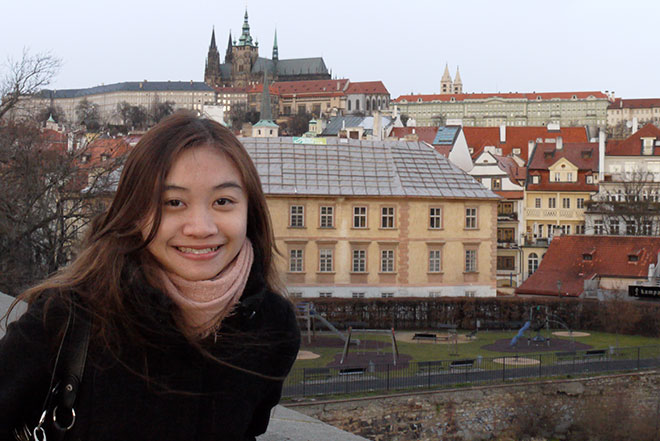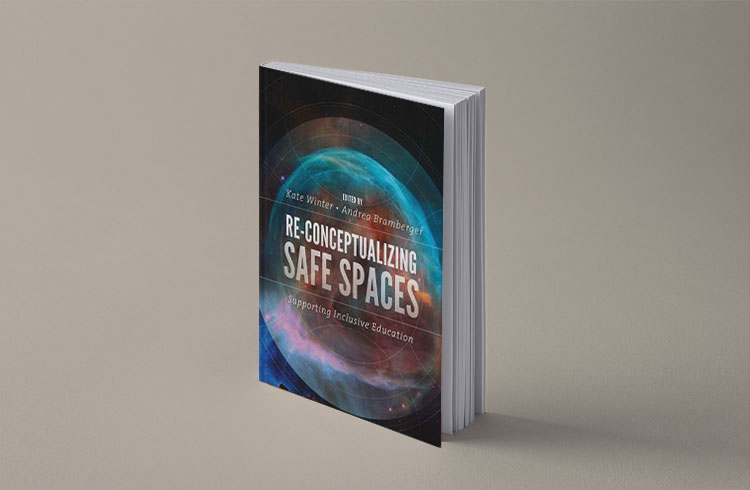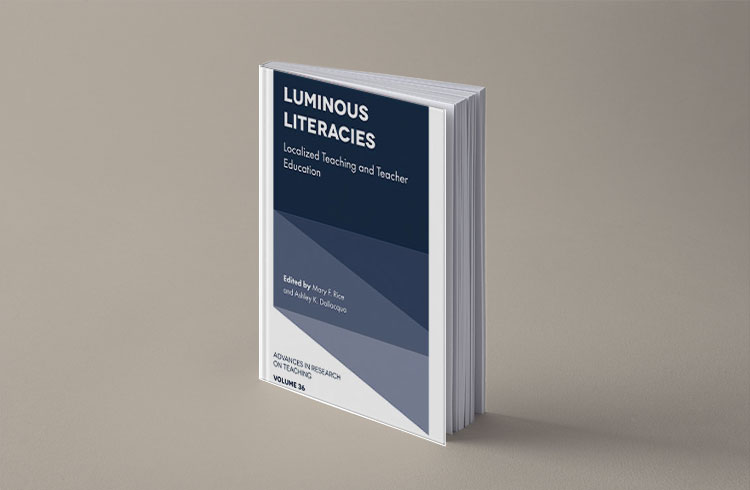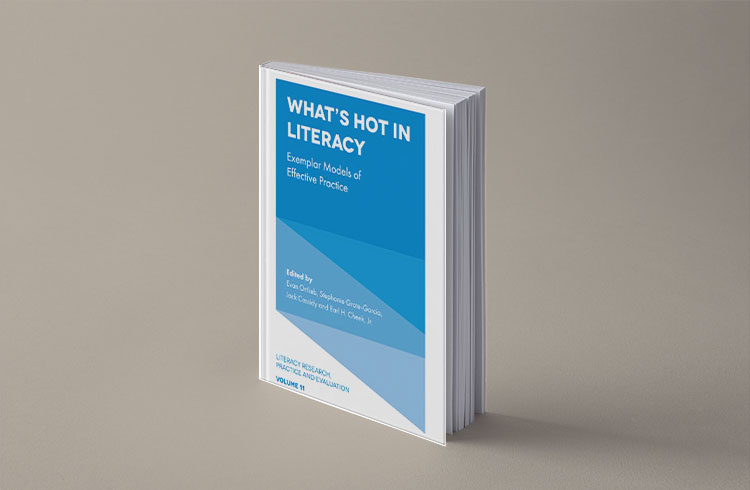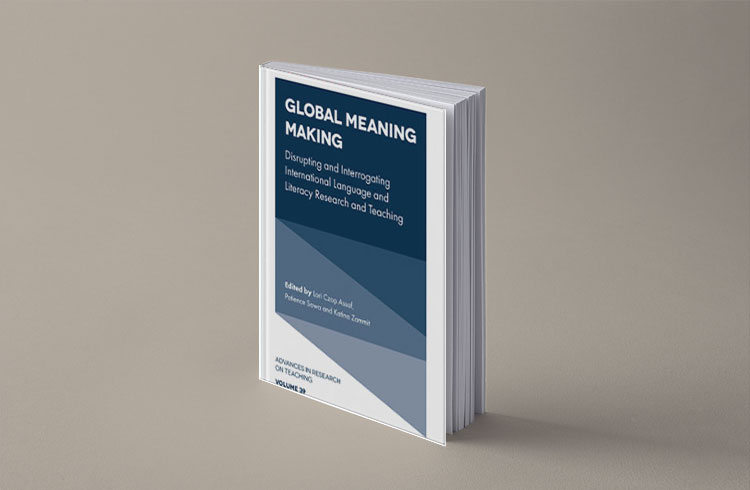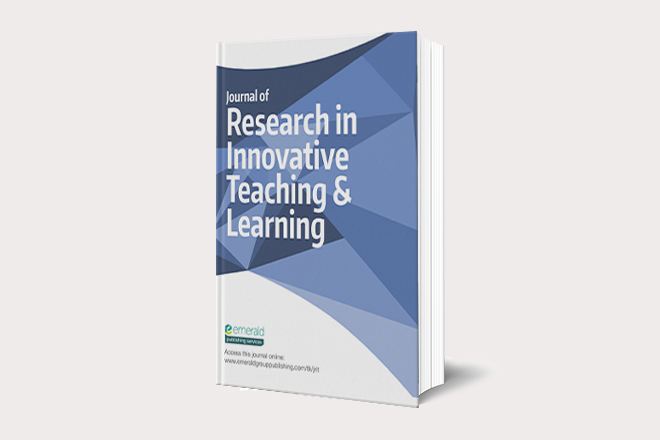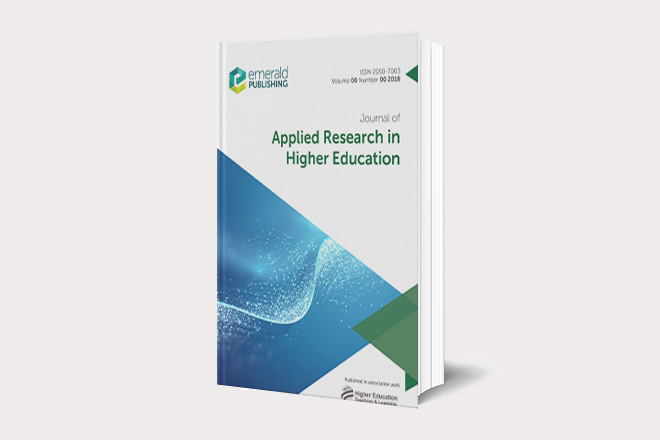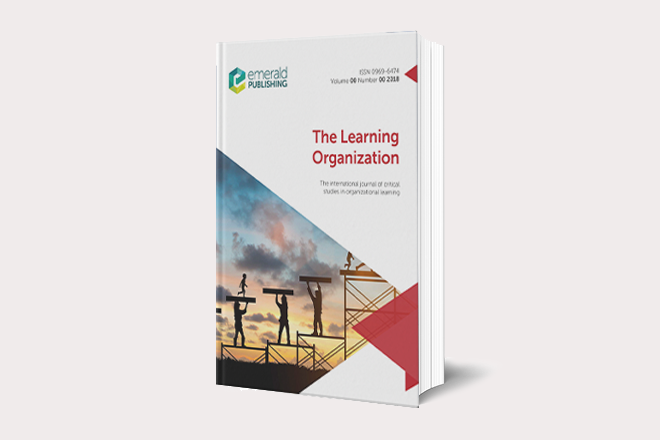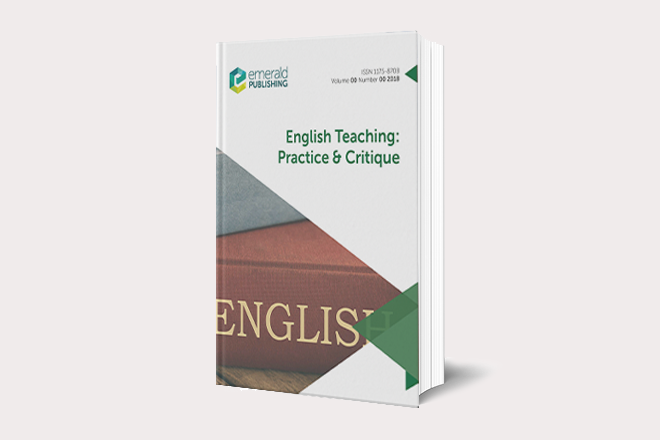There are 771 million illiterate adults around the world. This exposes them to an increased vulnerability and a cycle of poverty that is hard to break.
Following the pandemic, nearly 24 million learners might never go back to formal education.
We believe literacy is a human right. And we’re committed to the sharing of knowledge that can spark ideas for transforming literacy spaces so that everyone, regardless of their location, has the opportunity to learn literacy skills.
That is why, this International Literacy Day, we want to shine a light on our research and call for research that explores different ways of learning.
If you would like to contribute to the discussion, or you are working on research in areas related to literacy, we'd love to hear from you.
International Literacy Day 2022 - Transforming literacy spaces
We believe that research and knowledge can be a catalyst for change. Giving more people more access to learning, in a way that works for them. But we need your help.
Research can help to find ways to make learning more accessible, to unlock opportunities, and to open more doors, so no one is left behind.

Thought-provoking content, helping to drive change
We’ve curated our research and made it free access for you to use, as well as collaborating with people in the know to bring you thought leadership content.

"I just want to word it better": developing disciplinary literacies in an after-school spoken word poetry team
Melina Lesus, Andrea Vaughan
Research exploring how youth poets wrote in a community of practice and how their out-of-school poetry writing contributed toward developing disciplinary literacy.
> View the infographic | > Read the full article
What's in the infographic
Beyond classroom borders: rethinking disciplinary literacy in an out-of-school writing context
Out-of-school writing environments can be supportive for students who struggle with writing in an English Language Arts (ELA) classroom
Viewing writing as a discipline can help explain this disconnect
How were the youth in an after-school poetry team engaged in authentic writing as members of a community of practice?
A qualitative case study of an after-school spoken-word poetry team
3 female students of colour worked on:
- Individual poems
- Collaborative poems
Data collection and analysis
- Marrative field notes
- Student writings and process drawings
- Interview transcripts
Authentic writing in a community of practice
- Upheld ownership of their writing
- Behizadeh’s (2019) conception of authenticity
- Writing echoes...
- Student experiences
- Purpose and intended audiences
Practical implications for ELA teachers
- Extend the concept of writing practices beyond formal settings
- Help foster collaborative e orts
- Increase student choice in writing practices
ELA teachers can harness such out-of-school settings to create more authentic writing opportunities that promote disciplinary learning
"I Just Want to Word it Better": Developing Disciplinary Literacies in an After-school Spoken Word Poetry Team
English Teaching: Practice & Critique
Melina Lesus & Andrea Vaughan (2022)
DOI: 10.1108/ETPC-06-2021-0069
https://www.emeraldgrouppublishing.com/our-goals/quality-education-for-all
@EmeraldEdu

Quality education for all
We believe in quality education for everyone, everywhere and by highlighting the issue and working with experts in the field, we can find ways to be part of the solution.
Our goal is to help researchers to share their work, and partner to find ways to break down the divides. We believe in equal opportunity to access quality education and participate in higher education, training and work, with a voice that is heard. Everyone should have a chance to be the best they can be regardless of where they started.
Talk to us about your work
We really welcome insights not only from researchers but practitioners too about their work.
If you would like to contribute to the discussion, or you are working on research in areas related to literacy, please let us now by filling in this form.

